From loss of infrastructure, crops and market outlets to erosion of precious topsoil, WNC’s farms are struggling to pick up the pieces left behind after the storm.


From loss of infrastructure, crops and market outlets to erosion of precious topsoil, WNC’s farms are struggling to pick up the pieces left behind after the storm.
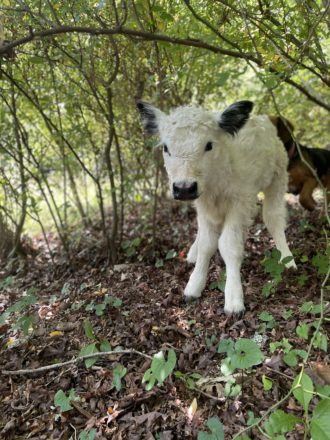
The Appalachian Sustainable Agriculture Project is gearing up for its annual Farm Tour in September. Also in local green news, a new solar lending program from Sugar Hollow Solar, the West Asheville Garden Stroll spotlights the Horney Heights neighborhood, N.C. Arboretum hosts Monarch Butterfly Day and more.

A March 27 proposal to the board of commissioners of the Housing Authority of the City of Asheville called for the demolition of Southside Community Farm to make way for a $200,000 outdoor youth play area. Hundreds of community members showed up to the April board meeting to voice their dissent.

Uncertainty is a fact of life at nonprofits, especially with regard to funding. But local organizations are increasingly attuned to another uncertainty: how to prepare for the consequences that climate change will have on their work.
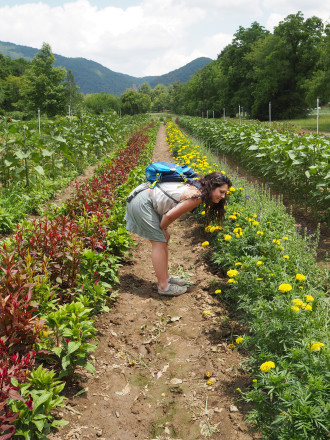
Hayrides, fishing, wine tastings, cooking demos and berry-picking are just a sampling of the events lined up for this year’s tour, which showcases more than 20 small-scale, local farms.

“Our mission is to build sustainable farming communities in our mountain region by providing resources directly to small family farmers who are diversifying or expanding their operations.”
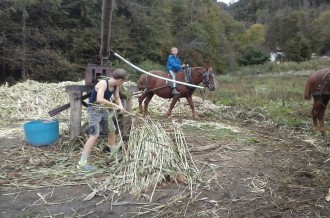
While tractors and mechanized farm equipment have now largely replaced draft animals, a small but passionate contingent of farmers in Western North Carolina continues to rely on them to help with the daily work around their farms and as a source of extra income at times.
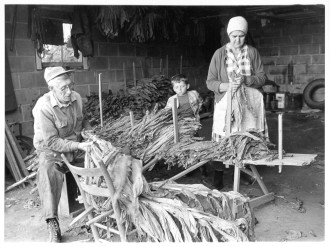
Few crops have been as central to North Carolina’s economy and culture — or as controversial — as tobacco. Historically, its high market value and the relative ease of growing it made tobacco a staple for many Western North Carolina farmers. As late as 2002, 1,995 mountain farms grew tobacco. The crop’s prevalence, however, was […]
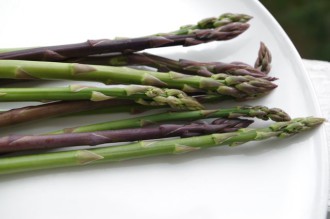
It started with a dare in the blizzard of ’93. Robert Ploeger’s father was having a hard time growing asparagus, and Robert said, “I’ll bet you I can grow it.” That winter, he and wife, Glenda Ploeger, co-owners of Cane Creek Asparagus & Co., started what would become their first three rows of asparagus in the greenhouse attached to their Fairview home.